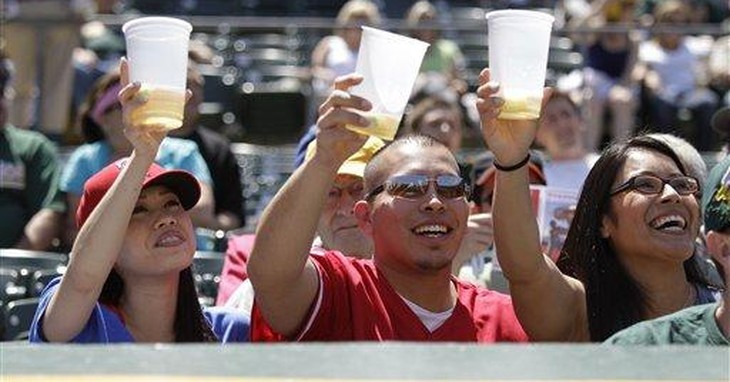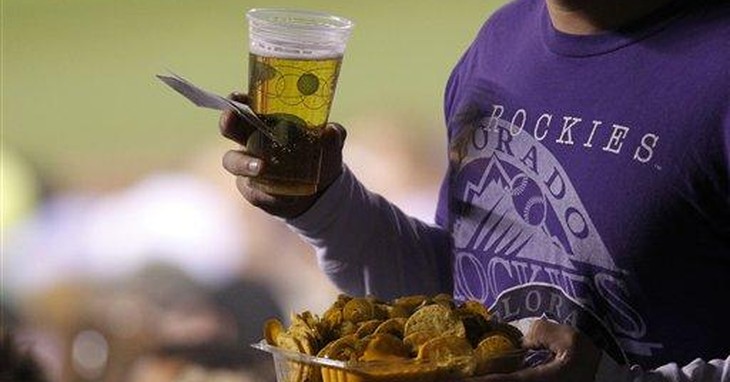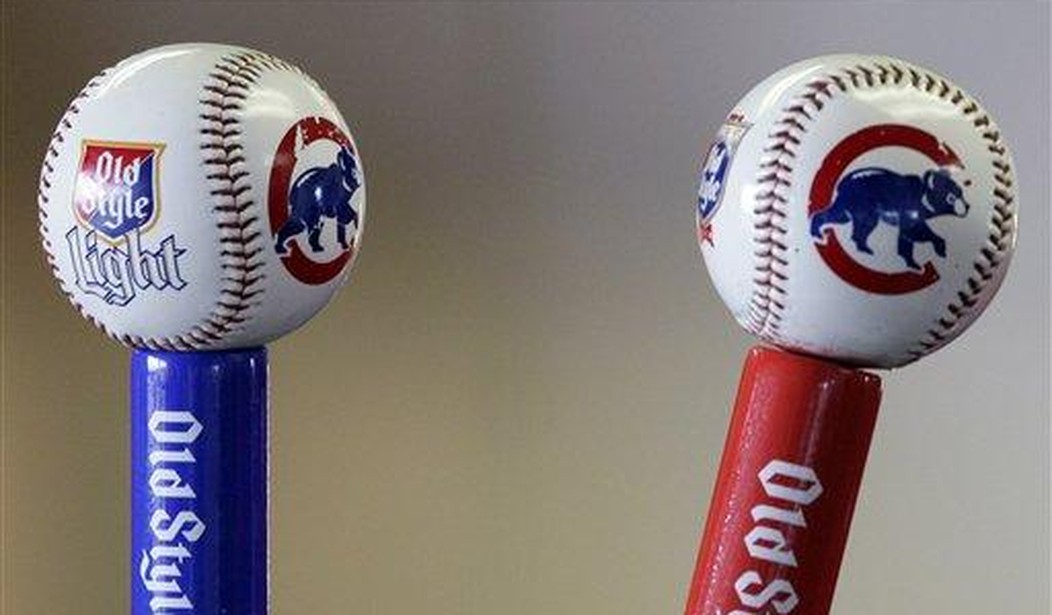The raft of new rules for 2023 has streamlined the game, but baseball’s pitch clock brings up new challenges in the case of beer as well.
In an effort to combat one of the biggest complaints about the professional game, the Major League Baseball executives have implemented a number of revolutionary rule changes for the new season, and the results are starting to be realized. The pastime over the generations has moved from being a relaxing venture to less engaging, and oftentimes to becoming downright ponderous.
The new rules have been drawn up to streamline the gameplay in an effort to retain wandering fans and hopefully generate renewed interest. (Not mentioned, for obvious reasons, is whether the social activism seen in recent years was a factor – from the boycott of Atlanta by moving the All-Star Game over politics to the nods on field to BLM protests.) One of the more notable new rules has led to an unforeseen result: Teams might begin looking to extend beer sales!
Some of these new dictates are made to generate offense and scoring. Larger bases, and limiting the amount of pickoff attempts were put in place to bring back the factor of stolen bases. But the most impactful has been the installation of a pitch clock. This new element is designed to limit the stretches when pitchers would take their time between tosses and batters would annoyingly go through a routine of adjusting all of their gear before stepping back to the plate. The effects have been seen and measured already.
The Triple-A minor leagues were used as the laboratory for the pitch clock last season, and after a tumultuous pre-season, as teams worked out all the issues, the new season began a couple of weeks ago with the new rules in full effect. The differences have been stark.
So far, average game times have been cut down by nearly 25 minutes over last season. In 2022, the average was over three hours, while so far this season, the times have been trimmed to a 2:38-minute average. Opening Day saw a high number of games completed quicker than two and half hours, and one recent game between the Twins visiting the Miami Marlins clocked in at a brisk 1:58. Before this season, since 2016, only six times have sub-two-hour games occurred.
Many fans are happy with the results but there is also a new challenge being experienced by the franchises. When the pitch clock became enforced and the runtime of games became truncated it was seen as a positive, but the extreme drops have an adverse effect. I speculated recently that these severe drops in game times would be felt by teams and the league. You are looking at far fewer commercials during broadcasts, for one. Also, in the stadium, you have fans on hand for far less time to purchase concessions and gift shop items.

Addressing this last challenge, the Milwaukee Brewers have decided to extend the deadline for beer sales. Years ago, it became a league standard to suspend selling alcohol after the seventh inning. Many sports have similar limits in an effort to curtail drunken violence, but when you have games coming in at times that could be an hour shorter, you have less of a risk of problems developing due to extended drinking. You also have less of a profit realized from sales of the suds. So, in Milwaukee, they have pushed the cutoff to the eighth inning, and you can be sure other teams are watching closely.
Having worked in the beer business, I can say that the in-stadium profit margins are pretty great. Factoring in product, cup ware, and labor, a pint of draft beer will probably run about $1 to serve (variables obviously for location and types.) Now consider how most stadiums see at least eight times the price point, and easily higher, this is a significant loss of revenue with severely shortened game times.

So, as the teams are dealing with altering their gameplay to accommodate these new rules, it turns out the teams are also facing some adjustments. They strive to lure more fans back to the stadium but face a paradox of those arrivals being seated for a shorter period of time. The players are not the only ones grappling with these new rules.














Join the conversation as a VIP Member